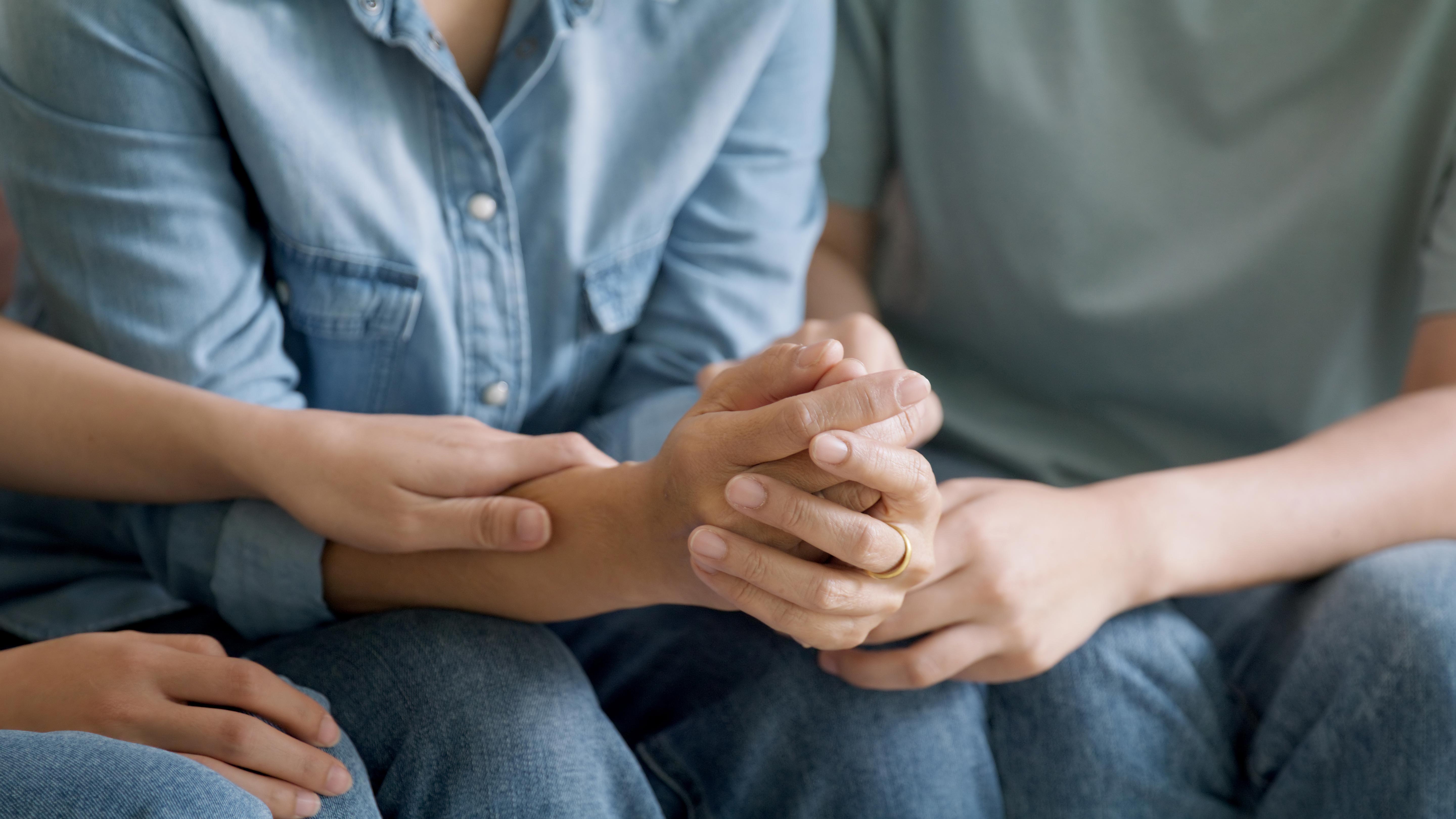
HIV DISCLOSURE
GET TO KNOW DISCLOSURE
Telling someone you’re living with HIV? Yeah, that can be tricky. Will they be supportive or pull a disappearing act? That’s the big question—and it’s one a lot of people with HIV have to face multiple times. Whether you’re sharing this info with family, friends, dates, potential partners, or work colleagues, it’s a personal choice, and each situation can be a mixed bag.
What Exactly Is HIV Disclosure?
HIV disclosure is simply letting someone know you’re HIV positive. It sounds straightforward, but it’s totally unique for everyone—and can come with its share of anxieties. Disclosing might feel empowering in some cases, but nerve-wracking in others. And here’s the thing: you don’t have to disclose if you’re not ready or don’t want to. The timing, setting, and people involved all play a huge part in how it goes down, so there’s really no “one right way” to do it.
So, thinking about telling someone? Here’s a little cheat sheet to help you decide:
- Can you trust this person with something so personal?
- Are they likely to be there for you, or are they the type to ghost when things get real?
- Are they open-minded enough to hear you discuss personal stuff without passing judgment?
- Can they respect your privacy and keep this confidential?
It is a very personal decision to make and there should be no expectation that someone living with HIV has to share their HIV status with you (it’s not about you folks!).

After the Talk: Navigating Reactions Together
After you’ve shared your HIV status, the person you’ve told might need some time to process what you’ve shared. It’s totally normal for people to experience a mix of emotions—maybe they’re a bit surprised, have some questions, need space to think about things, or do some research to get more informed. They might even feel the need to talk to someone about their feelings. To help them—and keep your privacy intact—you could suggest they connect with a professional, like a counsellor, a peer worker, or an HIV support service. This way, they can get any support they need without spreading your personal info around.
For you, this can also be a valuable moment to check in with your own emotions. If you’re feeling vulnerable or concerned about how they’re handling the news, you can talk with a counsellor or peer worker too. These professionals can guide you through various “what-if” scenarios and offer strategies for handling potential reactions with confidence. They can also provide advice on what to do if the person you told doesn’t respond the way you hoped or struggles to keep your disclosure confidential..

If you’ve disclosed to a close friend, partner, or family member, there’s a chance you’ll need to revisit the conversation as new questions or situations arise. Don’t hesitate to set boundaries around the information you’ve shared and to remind them of your privacy. Sometimes, reminding people about the importance of confidentiality is necessary, and framing it in a supportive way can help maintain trust and open communication between you.
Ultimately, finding people who will listen, respect your privacy, and support you through the process is key. Whether it’s your closest friend or a community of peers, having a safe space to talk about what you’re going through makes all the difference.

Disclosing to Partners: The When, Where, and How
If you’re in a relationship and haven’t yet told your partner, it’s worth thinking about how and when to bring it up. This news might be unexpected for them and they may have questions. Take your time to prepare for the conversation and remember there’s support for you both if you need it.
It can be hard to decide how long to hold on before sharing it with a partner. Holding it in can make things more complicated, and some people feel blindsided if they find out later on. People who don’t experience the stigma that comes with HIV and have never gone through the process may not fully comprehend how nuanced and challenging it can be.
Still, it’s all about your comfort—don’t share until you feel truly ready.
It’s important to surround yourself with supportive friends can really help you manage the sting of rejection and keep your head up.

And here’s the legal lowdown for Victorian readers: in Victoria, if you’re HIV positive and take reasonable precautions (i.e., having an undetectable viral load, using condoms, confirming that your partner is on PrEP), then you don’t need to disclose your status before sex.
Remember, deciding to disclose is yours alone, and you’re in charge of who, when, and how. If you want to keep it private, that’s valid too. Having a strong social network is important, though, because talking openly with people who “get it” can make a world of difference to your mental and physical well-being. And remember, you’re never alone—there are loads of resources out there to help.